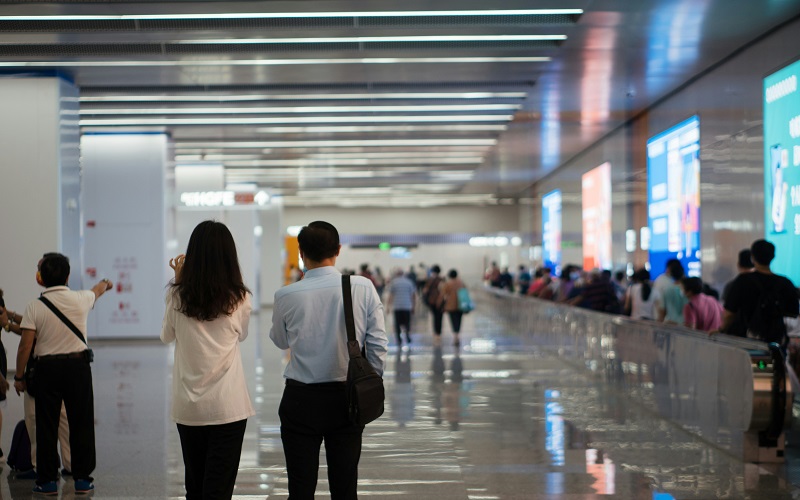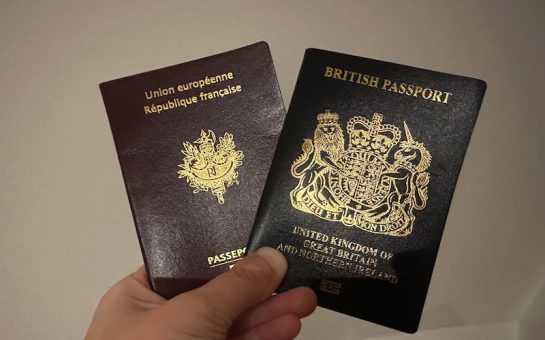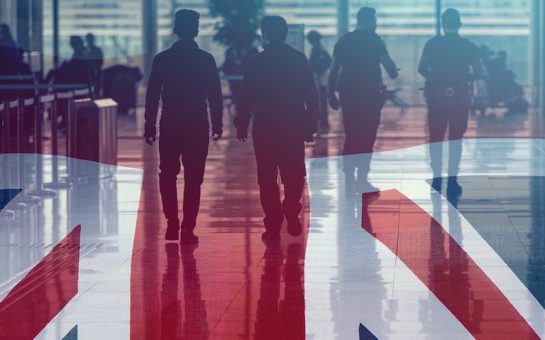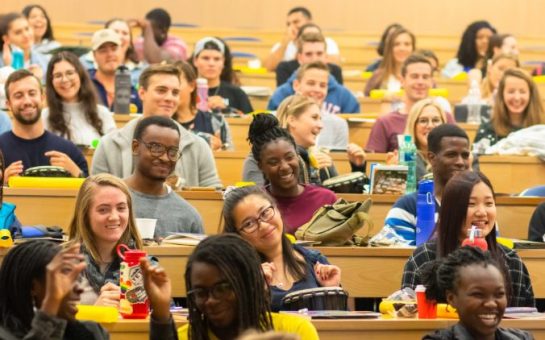As the political rhetoric around immigration becomes increasingly heated, one group appear to have managed successful large-scale migration without attracting negative headlines.
Over 166,000 Hong Kongers have settled in the UK since 2021 via a bespoke visa route for nationals of the former British colony introduced following the imposition of a new National Security law restricting political and civil rights in Hong Kong.
Under the scheme, many people who qualified for British National (Overseas) status, or their children, have made London their home and sought to build new lives in the capital.
Maggie Lau, 38, from Wembley Park came to London on the scheme two years ago after growing up in Hong Kong and then working as a teacher in Thailand and Vietnam.
“I didn’t want to go back to Hong Kong due to the National Security law because I am a teacher and a very outspoken person, so I didn’t think it would be a good place to live and work,” she told the Londoners.
“When I arrived I didn’t have a job initially, but I found it quite refreshing I wasn’t tied to a job and had more choice about where to live and the chance to try new things.”
Under the scheme, Hong Kongers that qualify can come to the UK to live, study and work without restriction for up to five years, and can then apply for permanent settlement and citizenship, although they are not eligible for most benefits and have to pay a health surcharge to use the NHS.
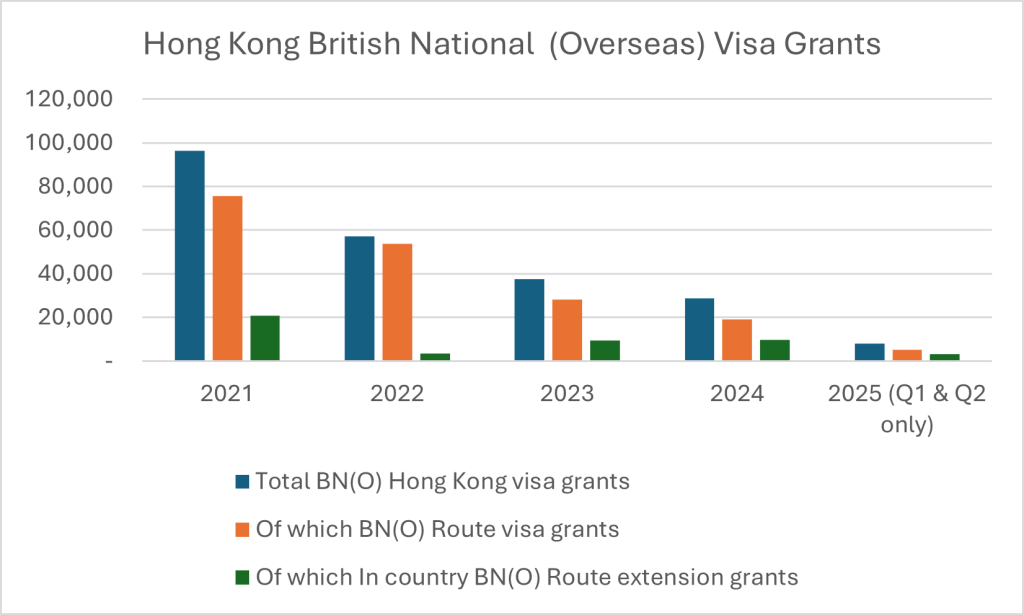
For migration expert Dr Peter Walsh, senior researcher at the Migration Observatory at the University of Oxford, the stability that comes with being on a clear path to citizenship, and the right to work freely, are key in helping new arrivals integrate.
He said: “One of the strongest drivers of integration is being able to work, and they can work for any employer which is important.
“The other important thing is the stability that is afforded by it being a route to settlement – the stability itself is better at getting people into work.”
But even with rights to work and a pathway to citizenship, new arrivals still require support to help them build a new life and make the most of their skills and education.
Richard Choi, 43, from Sutton, came to the UK in 2008 to work as an industrial designer and became a UK citizen five years later.
When the new visa route was set up in 2021, Choi, who also serves as a local councillor in Sutton, wanted to help the new influx of Hong Kongers settle into the area.
Cllr Choi said: “I had no idea that so many people would come after 2021, when I first came there weren’t many East Asian faces in Sutton.
“Even though I had studied and had international work experience it was not easy to integrate into the UK, and I thought that others would face the same challenges, so I felt I had to step in to help them.”
Cllr Choi supports Sutton’s Hong Kong community helping to provide information and to encourage people to connect with fellow Hong Kongers.
Choi said: “Our Facebook group is more than 9000 members, which is good for signposting information, but you need a deeper connection.
“In Sutton we encourage people to set up small groups, right now we have maybe 80 or 90 small groups in our community such as a cycling group, mahjong group, or a running group where people come together and share information.”
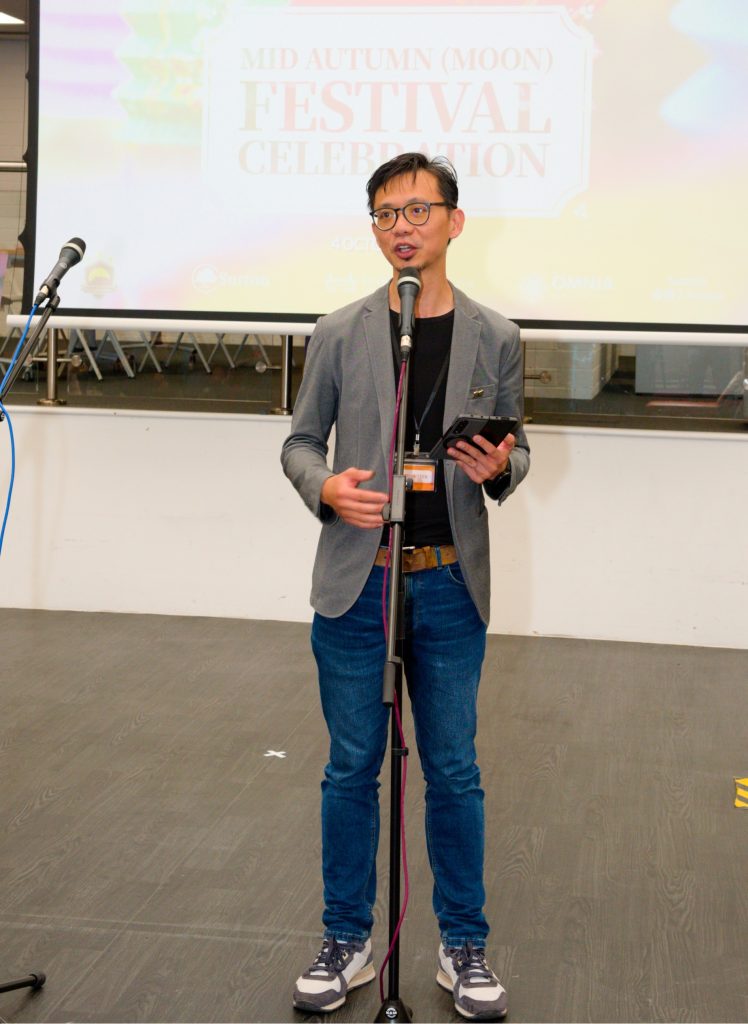
With migration to the UK at record levels over the last few years, and the political debate becoming more polarised, the Hong Kong experience is being studied by government and academia to see what lessons could be used to shape future immigration policy.
Dr Walsh at the Migration Observatory said: “In terms of the negative discourse about the Hong Kong migrants it has been almost entirely absent, but why is hard to say.”
Shanthini Shanmugaguru, 52, assistant project coordinator at the Migrant Advocacy Service in Kingston, who helps run the Hong Kong Welcome Cafe at Kingston Library, thinks cultural connection to the UK may help the group integrate.
She said: “Hong Kongers do have a deep affection for the United Kingdom, and I suppose that that affection and already feeling aligned with the culture must help.
“I think they are very glad to be here, and very grateful for the opportunity. They really want to get stuck in with volunteering and being part of the community, which is great to see.”
At the largest foodbank in Sutton, which serves around 180 families each week, over 90% of the volunteers are Hong Kongers and Cllr Choi saw participating in the local community as a key part of settling in.
“We encourage Hong Kongers to take part and become volunteers,” he said.
“As well as the foodbank, a lot of people volunteer at Sutton Library to collect book donations so we can preserve our culture and allow the wider community to understand what happened in Hong Kong.
“A lot of books and magazines preserved in Sutton Library are already banned in Hong Kong but the community can read them here.”
High rates of education, the ability to work freely, a pathway to citizenship, and willingness to support each other and their wider communities are all likely factors contributing to migrants integrating.
Despite the positive experience for most arrivals on the Hong Kong visa scheme, there are concerns about how inflammatory rhetoric around immigration and proposed Government changes to settlement rules may impact the community.
Shanmugaguru has had concerns about hate crimes in the local area raised with them by Hong Kongers.
“I wouldn’t say it is common, but it has come to our attention once or twice,” she said.
Lau added: “I understand that life isn’t easy right now with the cost-of-living crisis and fewer jobs, so it is easy to see why some people find immigration a reason why we are facing these issues.
“I have had incidents where I have been called names in Wembley but these were mainly older men who were drunk.
“Lots of us are working hard and trying to find a place to be our forever home. We have already moved here, I don’t have another home so this is my only home now.”
Featured image credit: Shawn Rain via Unsplash
